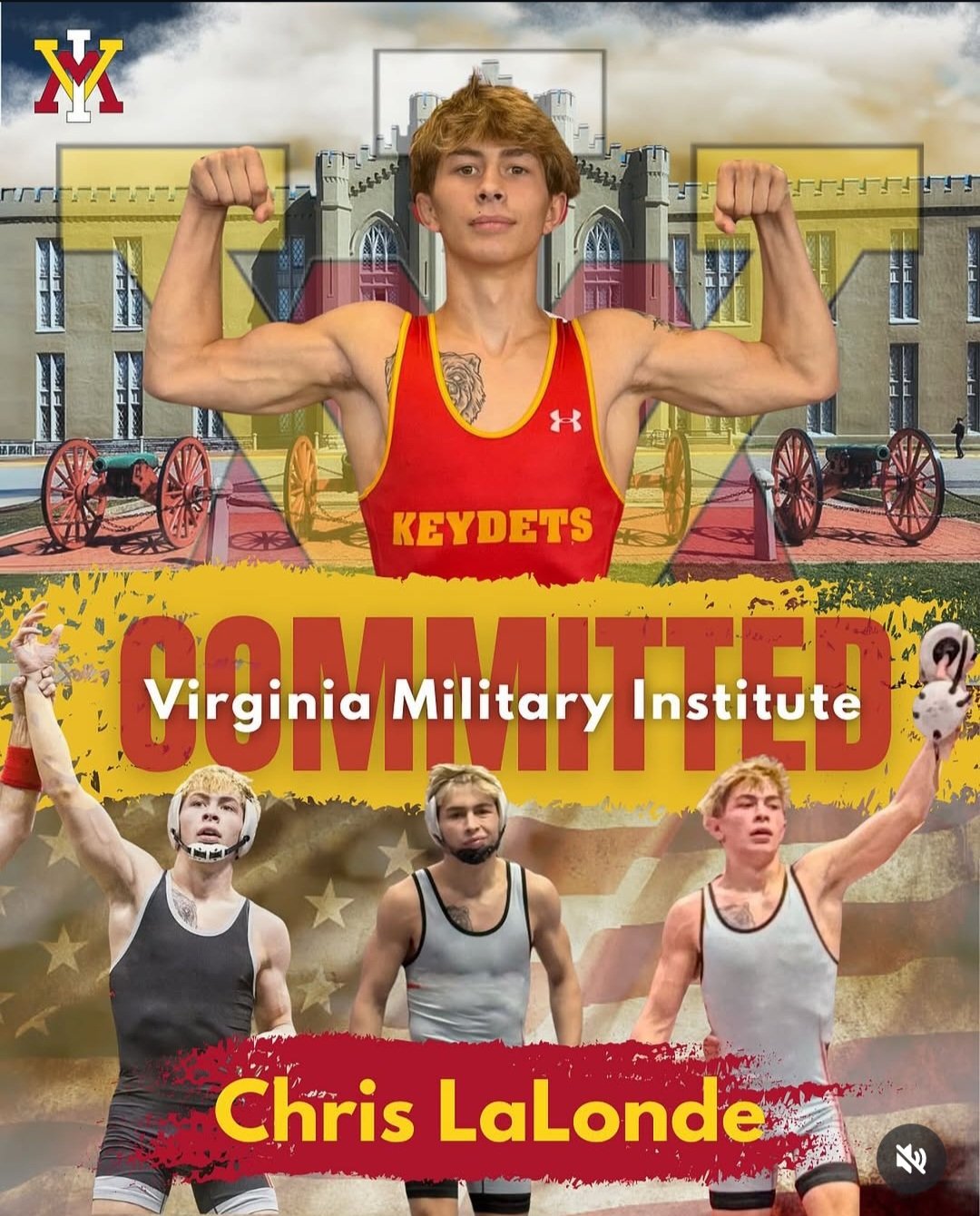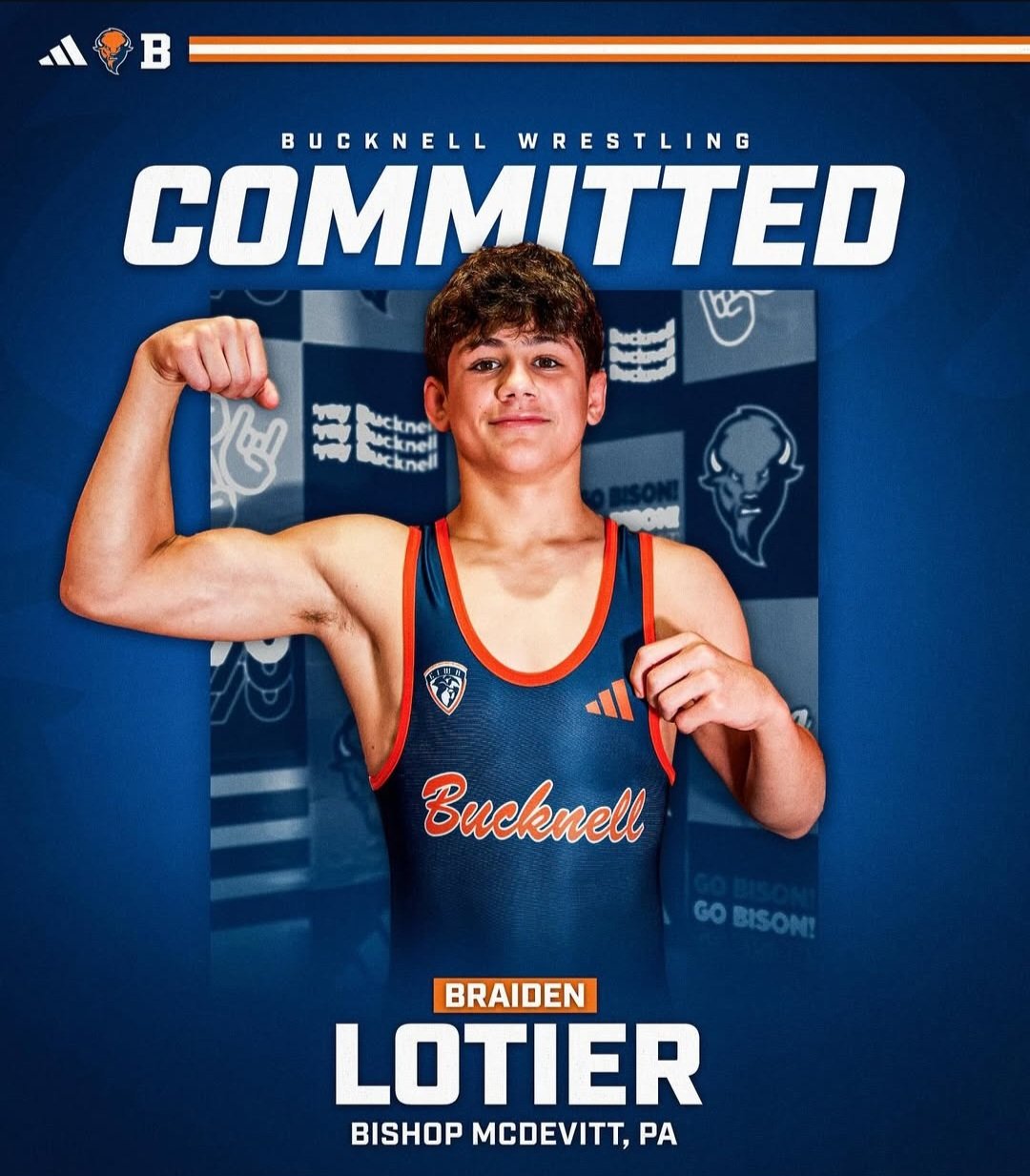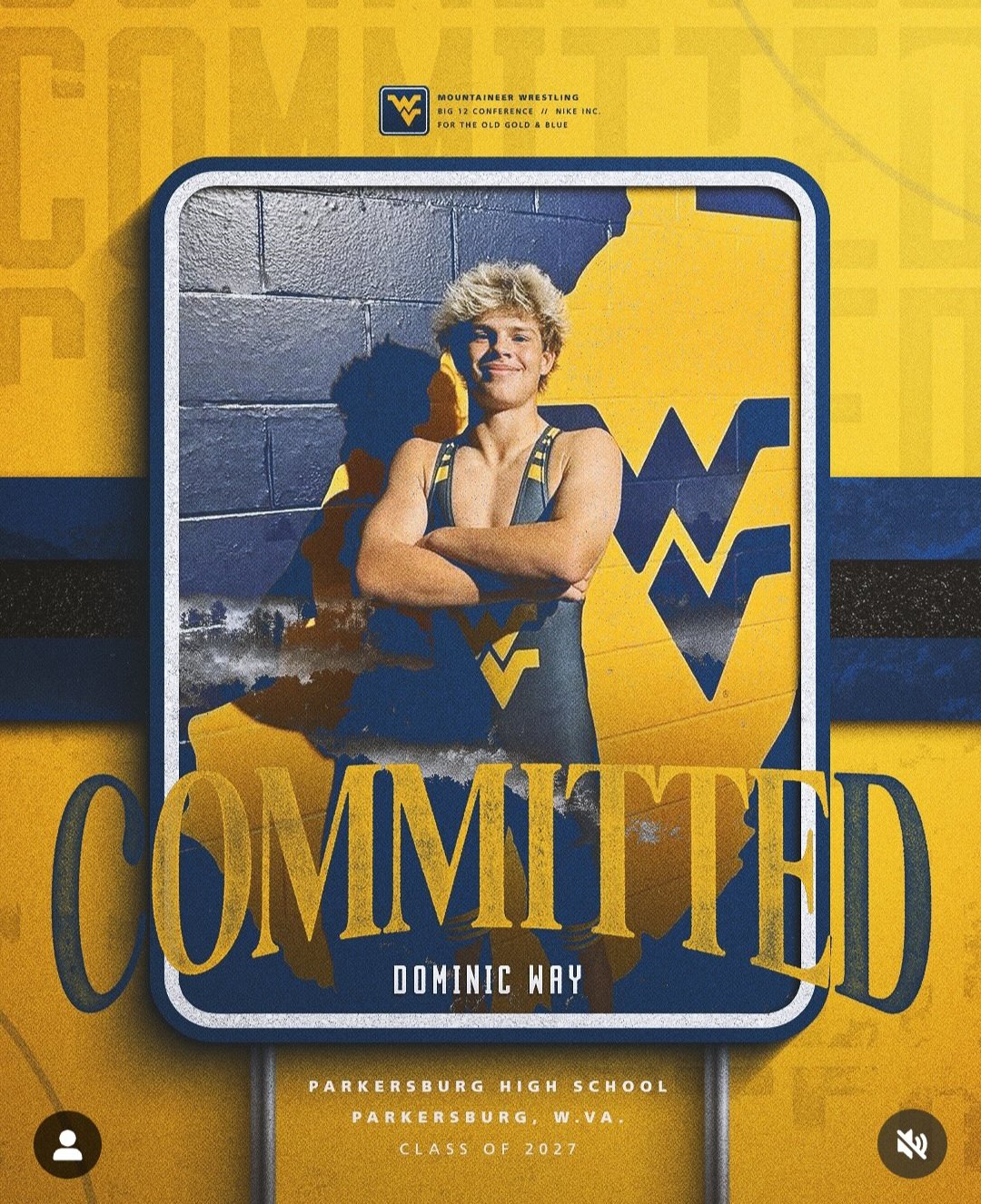Eliminate redshirting
-
Latest Rankings
-
Updated
-
Updated
-
Updated
-
Updated
-
-
College Commitments
Chris LaLonde
Roosevelt, Colorado
Class of 2026
Committed to VMI
Projected Weight: 141
Braiden Lotier
Bishop McDevitt, Pennsylvania
Class of 2027
Committed to Bucknell
Projected Weight: 125
Jackson Weller
Delran, New Jersey
Class of 2027
Committed to Princeton
Projected Weight: 165
Dominic Way
Parkersburg, West Virginia
Class of 2027
Committed to West Virginia
Projected Weight: 157







Recommended Posts
Create an account or sign in to comment
You need to be a member in order to leave a comment
Create an account
Sign up for a new account in our community. It's easy!
Register a new accountSign in
Already have an account? Sign in here.
Sign In Now